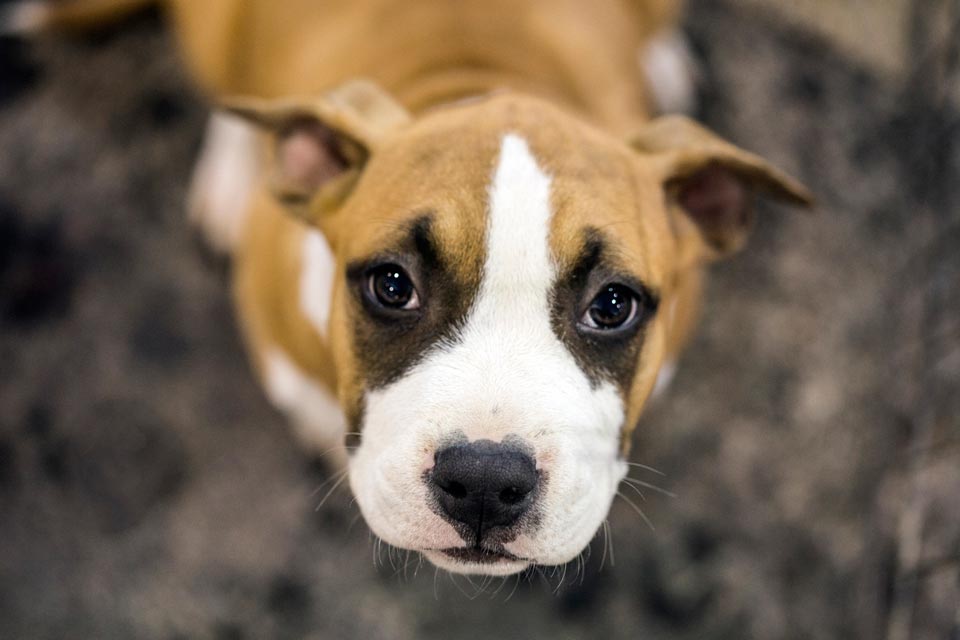Can a Dog Get a Concussion?

Concussions are a common occurrence in humans, but have you ever heard of a dog suffering from one? Well, dogs can get concussions, so it's important that dog owners know that, are aware of the symptoms, and understand what to do if they suspect their dog has one.
What Is a Concussion?
A concussion happens when something causes the brain to move back and forth rapidly inside the skull. Brain cells are damaged, which can result in lots of different neurological signs.
Causes of Concussion in Dogs
The most common cause of concussion in dogs is head trauma. The following situations are all potential causes of a concussion that you should watch out for:
- Car accident
- Being hit by a car
- Running into a wall or other hard surface during play
- Being kicked or otherwise hit in the head during horseplay with a human
- Falling onto a hard surface
Any time your dog receives a blow to the head, he might get a concussion.
Small, young dogs with open fontanelles (space where the skull hasn't grown together yet) are at higher risk of concussion than other dogs.
Signs of Concussion in Dogs
Look for these signs that might indicate your dog has suffered a concussion. Head to the vet right away if you notice any of them.
- A blow to the head resulting in unconsciousness
- Two differently sized pupils (the black circles in the middle of the eyes)
- Abnormal eye movements
- Disorientation
- Vomiting
- Wobbliness or weakness
- Seizures
Most of these signs can indicate other medical conditions as well, but they are all serious and require a vet visit.
Treatment of Canine Concussion
Treatment of a concussion in a dog depends on its extent. Sometimes, a mild concussion will resolve on its own with only rest and observation. If severe brain swelling occurs, which can happen up to around 24 hours after the initial injury, more aggressive intervention might be necessary. This can include some or all of the following:
- Intravenous fluids
- Medications to combat vomiting
- Anti-seizure medicine
- Oxygen therapy
- A diuretic like mannitol, which can help reduce swelling around the brain
- CT or MRI scan to determine the exact extent of the brain injury
- Surgery
Additionally, the dog might have other injuries from the same incident that caused the concussion. Those injuries might require other medical or surgical interventions.
You May Also Like These Articles:
Don't Ignore This Odd Canine Behavior: Head Pressing
Canine Epilepsy: Seizures in Dogs
Disclaimer: This website is not intended to replace professional consultation, diagnosis, or treatment by a licensed veterinarian. If you require any veterinary related advice, contact your veterinarian promptly. Information at DogHealth.com is exclusively of a general reference nature. Do not disregard veterinary advice or delay treatment as a result of accessing information at this site. Just Answer is an external service not affiliated with DogHealth.com.
Notice: Ask-a-Vet is an affiliated service for those who wish to speak with a veterinary professional about their pet's specific condition. Initially, a bot will ask questions to determine the general nature of your concern. Then, you will be transferred to a human. There is a charge for the service if you choose to connect to a veterinarian. Ask-a-Vet is not manned by the staff or owners of DogHealth.com, and the advice given should not delay or replace a visit to your veterinarian.



